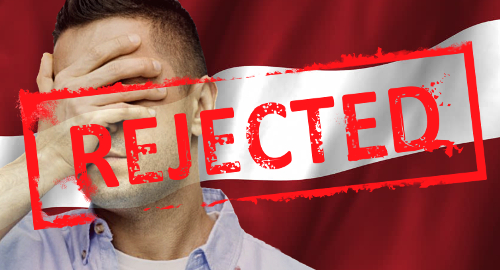 Latvia’s government has rejected calls to lift its ban on online gambling activity during the COVID-19 pandemic, despite there being no obvious health benefit to the prohibition.
Latvia’s government has rejected calls to lift its ban on online gambling activity during the COVID-19 pandemic, despite there being no obvious health benefit to the prohibition.
On Friday, Lativa’s Saeima (parliament) voted down a proposal to exempt locally licensed online gambling operators from the temporary ban on gambling activity imposed last month to minimize further spread of the COVID-19 coronavirus.
The unexpected inclusion of online gambling caused the Lotteries and Gambling Supervisory Inspection of Latvia (IAUI) to request clarification from the government on its interpretation of the emergency legislation.
This cause was taken up by Latvia’s Chamber of Commerce and Industry as well as Saeima’s budget and finance committee, both of which noted that banning online gambling (a) flies in the face of the other nation’s methods of combatting COVID-19 spread, and (b) would only steer local gamblers to internationally licensed online competitors.
Sadly, these arguments were rejected by a majority of parliamentarians following a debate on Friday. Several parliamentarians reportedly had harsh words for the Chamber, accusing it of carrying water for the online gambling industry.
The Latvian Association of Internet Gambling (LIAB) has yet to comment on Friday’s vote, but the group previously criticized the government’s actions as being devoid of “economic logic.” Some LIAB members have also suggested that the government could face lawsuits by local online licensees, noting that the government had offered a carveout to some lottery operators.
Earlier this week, the LIAB published the results of a study titled Latvian Interactive Gambling Industry: Challenges and Solutions to Reduce Illegal Market Share. The study found that the current online ban “seems incomprehensible and populist,” and “decisions regarding the interactive gambling industry in Latvia are politicized and run counter to the interests of both players and budget revenue.”